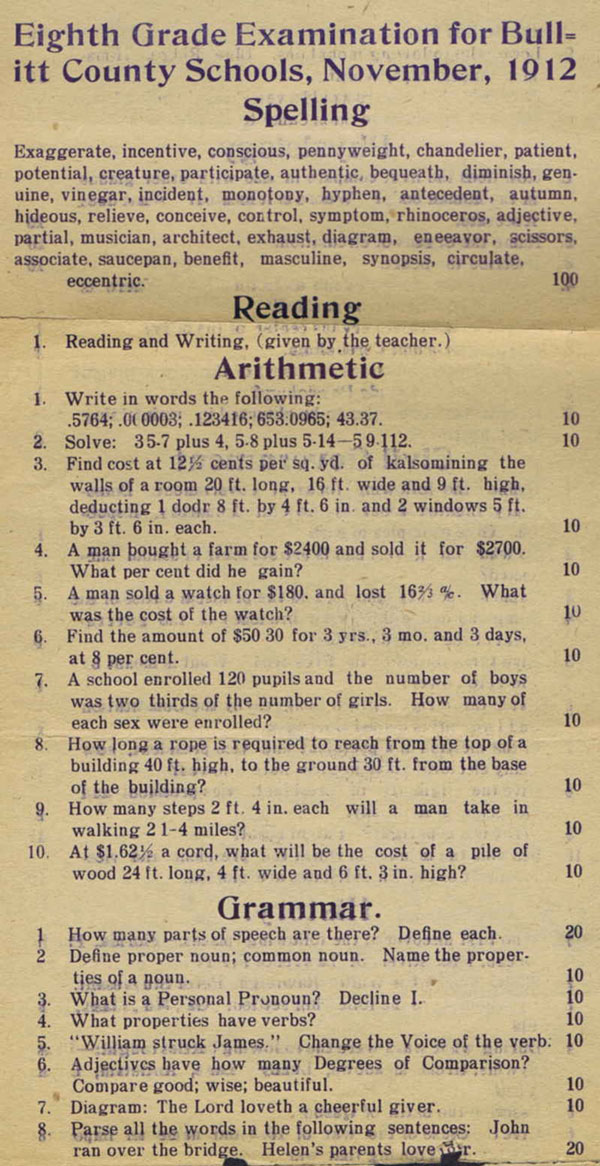NorthBeachPerso
Honorary SMIB
The new grouping doesn't necessarily mean the low kids are SPED, just that they fall on the low end of "normal" IQ. Many Sped kids have been mainstreamed over the last 40+ years (IDEA adopted in 1977 or so mandated that) but many/most still are in their own classes.I knew a man who had a Phd and was on the President's Council for Mental Retardation (probably not called that anymore)
He was adamant that kids with special needs should not be mixed. Physical disabilities should be kept apart for mental disorders, etc.
What the "inclusion" class does is to lower the common denominator. Not until they get into high school are they seperated.
We had 4 groups - Nerds, Greasers, Farmers and SPED(x3)
I would typically have a couple high functioning ones in my regular Psych classes because I did a lot of activities which they could do and be successful. I also had to adjust their tests but that wasn't a big deal.
The advantage for a long time was that was a class that the kids had to want to take so all of them were motivated and would help the other kid(s), one time mixing worked.
Towards the end, in addition to me not teaching that class much (I've always believed I was being punished plus other internal staffing issues) the class really degraded. The reason was that we started to have so many 5th and 6th year Seniors (and there were reasons they were 5th and 6th year Seniors and those reasons weren't because they were stellar students or individuals) parachuted into the classes just to fill up their schedules.

